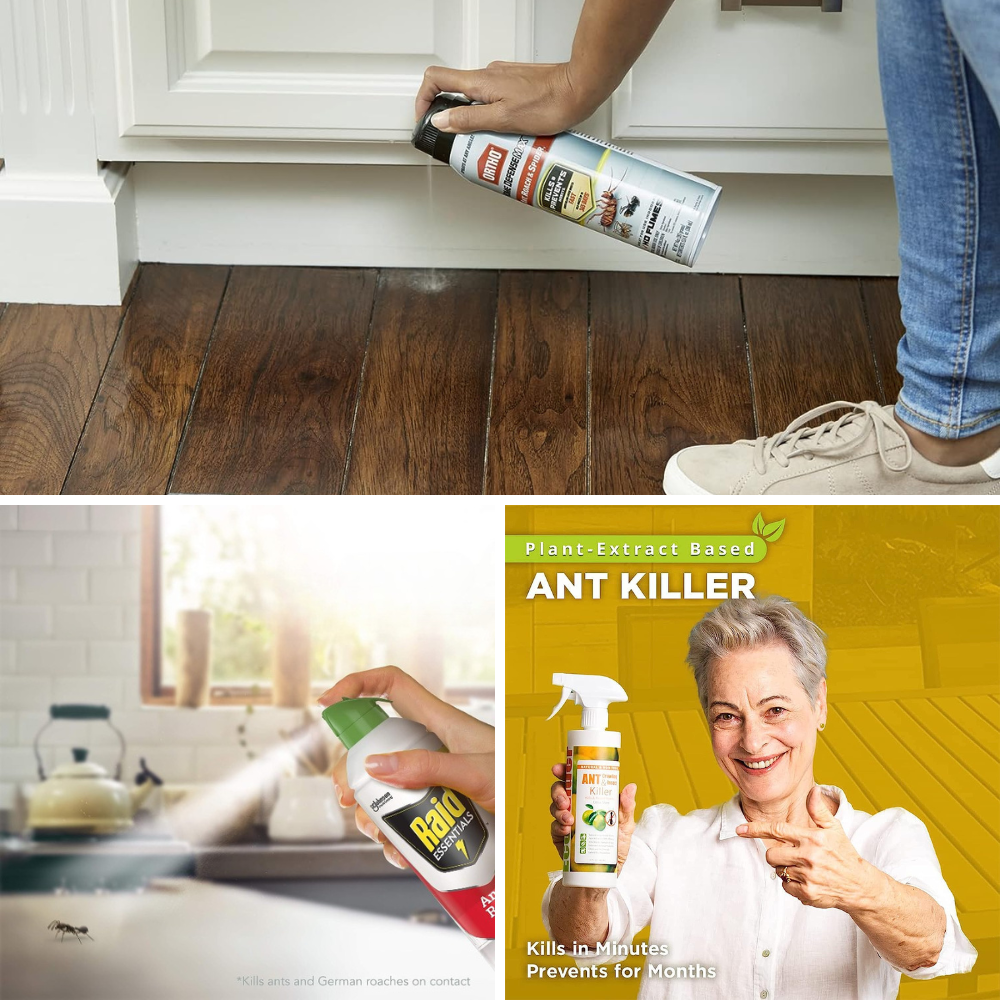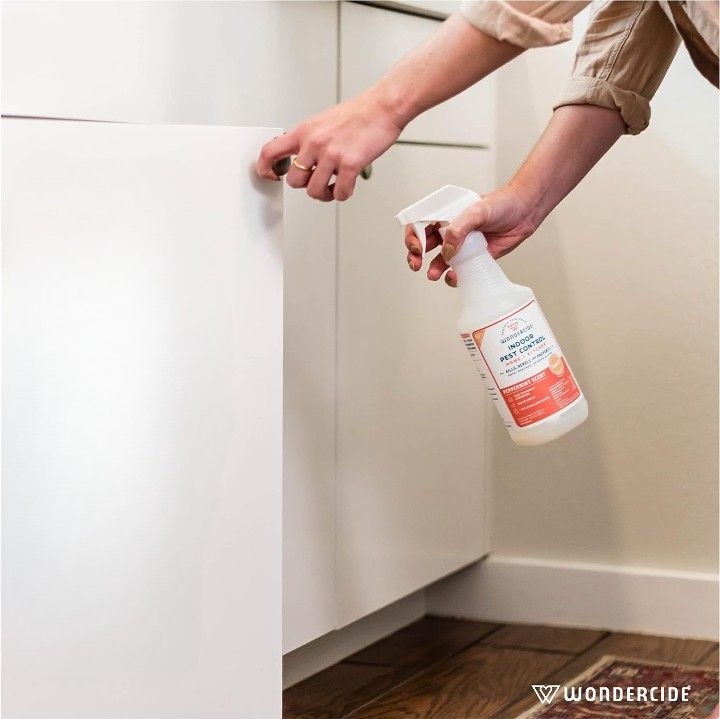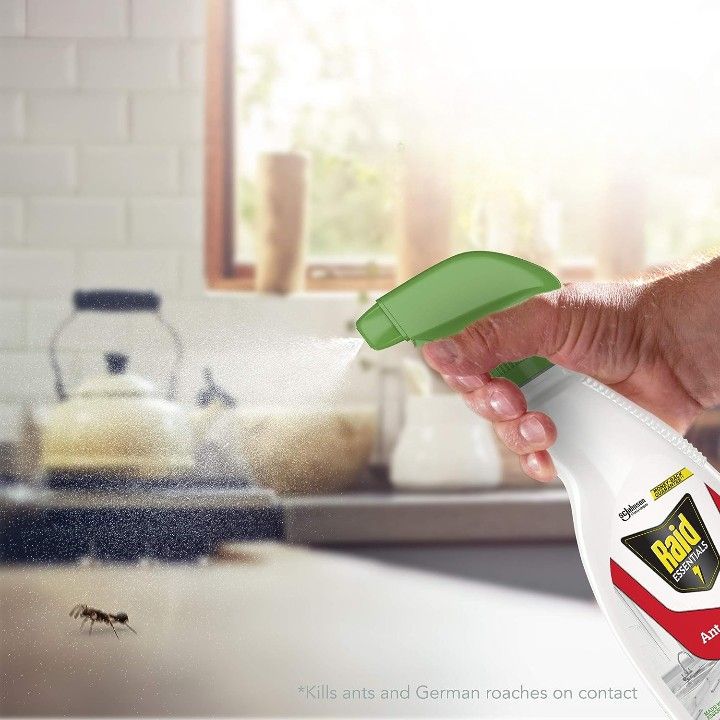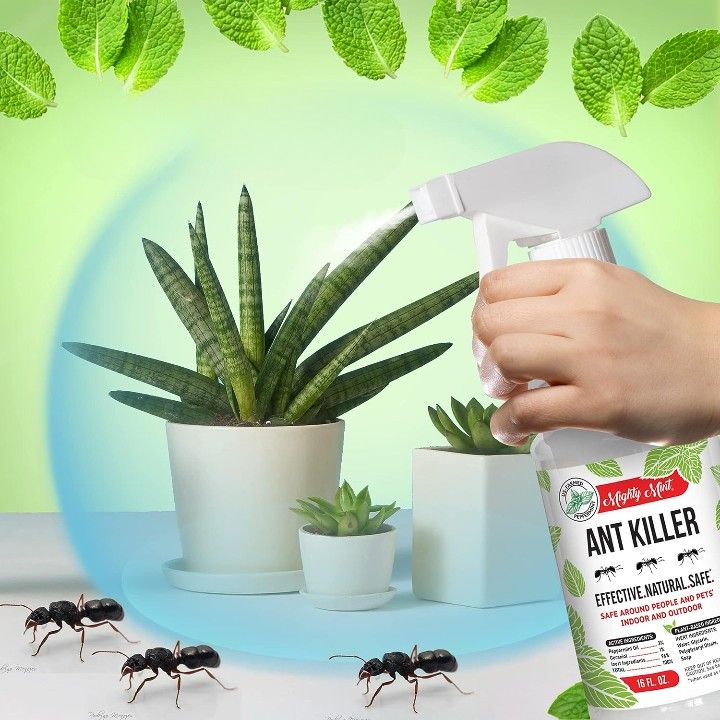Ants, with their organized colonies and scavenging abilities, are fascinating creatures to observe. However, when they start creeping into your home or garden, they can become a nuisance. Not to mention, some ant species can actually damage your property or even cause harm to you or your pets. In this blog post, we'll explore the best outdoor ant killer options to safely and effectively eliminate these pesky invaders.
Diatomaceous Earth
Diatomaceous earth, also known as DE or fossil shell flour, is a natural and affordable solution to ant infestations. This white powder is composed of microscopic fossilized remains of diatoms, a type of algae. When ants come into contact with it, the abrasive nature of DE damages their outer shell, dehydrating and killing them. Simply apply the powder to ant trails, nests, and crevices around your home and garden. The only downside is that it can be messy and may need to be reapplied after rainfall.
Borax
Borax is a common household item that can double as an ant killer. It works by interfering with their digestive system, causing them to starve to death. Mix 1 tablespoon of borax, 1 tablespoon of sugar, and a few drops of water to create a paste. Place the mixture on small pieces of paper near ant trails or nests. The sugary scent will attract the ants, and the borax will do the rest. Be sure to keep the mixture away from children and pets, and only apply it in areas where ants are present.
Ant Bait Stations
Ant bait stations are another effective option for outdoor ant control. These pre-filled plastic containers contain a slow-acting insecticide mixed with sweet liquid bait to attract ants. The ants bring the bait back to their nest, where it will spread throughout the colony and eventually kill them all. The bait station design also keeps the insecticide contained and away from children and pets. Place the stations around your yard, near ant trails and nests, and replace them every few months.
Contact Insecticides
Contact insecticides are chemical sprays or powders that kill ants on contact. They're a quick and easy solution for smaller ant problems, but may not be the best choice for large-scale infestations. Be sure to carefully read and follow all product instructions, wear protective gear, and keep children and pets away from treated areas. Always choose a pesticide that's labeled for use against ants and labeled for outdoor use.
Essential Oils
For those who prefer natural solutions, essential oils can provide a fragrant and effective ant-repellent. Ants are sensitive to certain scents, so peppermint, cinnamon, citrus, and tea tree oils can be a great deterrent. Simply mix a few drops of your chosen oil with water in a spray bottle and liberally spray ant trails, entryways, and other ant-prone areas. To avoid harming beneficial insects like bees and butterflies, spray in the early morning or late evening when they are least active.

FAQs About Best Ant Killer Outdoor
What is the best ant killer for outside?
The best ant killer for outside will depend on the type of ant infestation you have. For example, if you have a fire ant infestation, you'll want to use an insecticide specifically designed for fire ants. If you have a carpenter ant infestation, you'll want to use an insecticide specifically designed for carpenter ants. For general ant control, a liquid insecticide such as permethrin or bifenthrin is usually the best option. Make sure to read the label carefully and follow the instructions for proper application.
What kills ants outside permanently?
The most effective way to kill ants outside permanently is to use a combination of bait and insecticides. Baits containing borax are often used to kill ants, as the ants take the bait back to their colony and spread it to other ants. Insecticides can be used to target the ants directly and should be applied around the perimeter of the home or other areas where ants are present. Additionally, sealing any cracks, crevices, and other entry points around the home can help to prevent future infestations.
What is the fastest way to get rid of ants in the yard?
The best and fastest way to get rid of ants in the yard is to use a combination of mechanical, chemical, and natural methods.
Mechanical methods include removing ant nests and food sources, such as spilled food or pet food. You can also use physical barriers, such as diatomaceous earth, to prevent ants from entering your yard.
Chemical methods include using ant baits or insecticides to kill the ants. Be sure to read the instructions carefully and follow all safety precautions when using these products.
Finally, natural methods such as using natural insect repellents, such as essential oils, or creating a barrier of coffee grounds or citrus peels can also be effective in keeping ants away.
Does spraying for ants outside work?
Yes, spraying for ants outside can be an effective way to get rid of an ant infestation. However, it is important to use the right type of product and to use it correctly. The best way to do this is to identify the type of ant you are dealing with and then choose the appropriate product. For example, if you are dealing with carpenter ants, you should use a borate-based insecticide. Additionally, it is important to make sure that you are spraying the entire area where the ants are located, as well as any cracks and crevices that may be harboring them.
What can I put around the outside of my house to keep ants away?
There are several ways to keep ants away from your home. One of the most effective methods is to create a barrier around the perimeter of your home with a natural insect repellent. This can be done using a combination of essential oils, such as peppermint, clove, tea tree, and diatomaceous earth. Spraying these ingredients around the outside of your home will create an invisible barrier that ants will not want to cross. Additionally, you can use ant baits or traps to attract and kill ants. Finally, keeping your home clean and free from food crumbs and other sources of ant food will help prevent them from entering your home.
May we say in conclusion...👍
Outdoor ant control can be a frustrating and ongoing battle, but with the right tools and techniques, it can be managed. We've explored several options to eliminate and deter ant infestations, from natural remedies to chemical sprays. Remember to carefully read and follow all instructions, wear protective gear, and keep children and pets away from treated areas. By taking preventative measures and dealing with ant problems promptly, you can enjoy a more peaceful and pest-free outdoor space.












